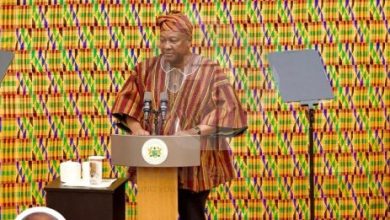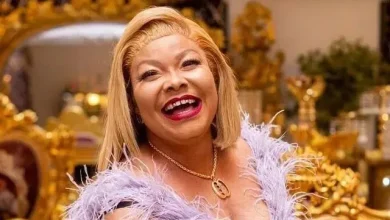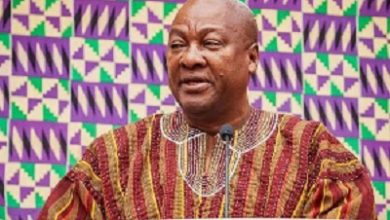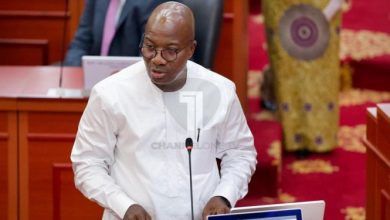Current constitutional processes for removing Chief Justice unfair – Sophia Akuffo

Former Chief Justice, Justice Sophia Abena Boafoa Akuffo, says the current constitutional processes outlined in Article 146 of the 1992 Constitution for suspending and removing the Chief Justice are unfair and must be reviewed.
She has therefore suggested to the eight-member Constitutional Review Committee, recently set up by the President, to consider amending the current constitutional provisions to make the processes for removing the Chief Justice more stringent.
She also suggested that any Chief Justice found culpable of misconduct by the five-member committee set up by the President must be given the opportunity to appeal, since the current arrangement does not provide for an appeal against the committee’s ruling.
Justice Sophia Akuffo made these proposals when she appeared before the Constitutional Review Committee, chaired by Professor H. Kwasi Prempeh, in Accra on Wednesday, April 30.
The meeting, facilitated by the Institute of Economic Affairs (IEA), formed part of the Constitutional Review Committee’s engagements with eminent persons who have occupied prominent positions in the country’s constitutional system to share their perspectives on reviewing some entrenched and non-entrenched clauses in the 1992 Constitution.
The former Chief Justice cited the Kenyan judicial system, where a Judiciary Commission—composed of varied experts and independent-minded individuals—investigates cases involving a Chief Justice accused of misconduct, without the President’s involvement.
She proposed that in reviewing the current constitutional provisions, there must be an independent body to investigate prima facie cases against the Chief Justice, instead of the five-member committee appointed by the President.
Article 146(6) of the 1992 Constitution states: “Where the petition is for the removal of the Chief Justice, the President shall, acting in consultation with the Council of State, appoint a committee consisting of two Justices of the Supreme Court, one of whom shall be appointed chairman by the President, and three other persons who are not members of the Council of State, nor members of Parliament, nor lawyers.”
Clause 7 of Article 146 states: “The committee appointed under clause (6) of this article shall inquire into the petition and recommend to the President whether the Chief Justice ought to be removed from office.”
Clause 8 states: “All proceedings under this article shall be held in camera, and the Justice or Chairman against whom the petition is made is entitled to be heard in his defence by himself or by a lawyer or other expert of his choice.”
Clause 9 adds: “The President shall, in each case, act in accordance with the recommendations of the committee.”
Clause 10(a) of Article 146 states: “Where a petition has been referred to a committee under this article, the President may, in the case of the Chief Justice, acting in accordance with the advice of the Council of State, by warrant signed by him, suspend the Chief Justice.”
Other eminent persons who appeared before the Prof. Kwasi Prempeh-chaired Committee on Wednesday included Sam Okudzeto, former Council of State member, and Professor Aaron Mike Oquaye, former Speaker of Parliament.
The eminent persons made various proposals for constitutional amendments, touching on the country’s natural resource governance, the need for host communities to benefit more from resource exploitation, the election of district, municipal, and metropolitan chief executives, the 50 per cent appointment of Ministers from Parliament, and the role of the Council of State—whether it should be maintained or scrapped.




